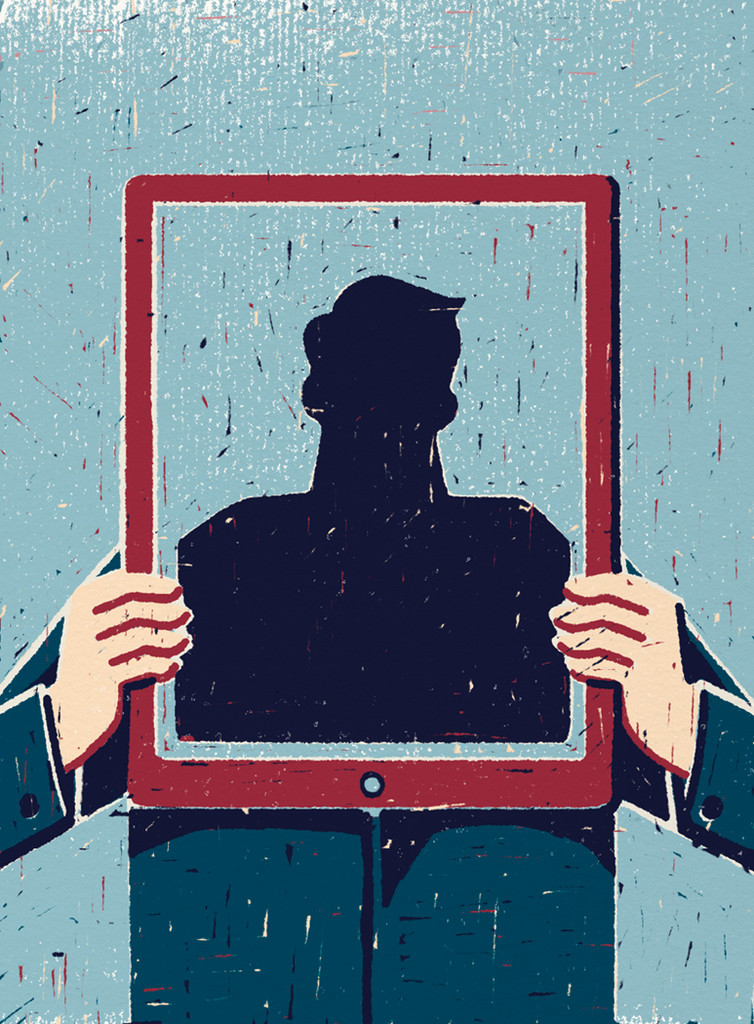 Augusto ZambonatoIn a lawsuit that pitted allegations of abuse of freedom of expression against the use of self-correction mechanisms in science, a U.S. court is deciding up to what point accusations of misconduct against researchers can be lodged anonymously. On one side of the argument is Fazlul Sarkar, an oncology researcher who until recently worked at Wayne State University, in Detroit, Michigan. On the other side is PubPeer, a website dedicated to a type of peer review conducted after publication of a scientific paper, where users post comments about papers and point out any flaws, without having to reveal their identities. Sarkar sued PubPeer in 2014, demanding that the website reveal the identity of anonymous comments that, according to him, insinuated his use of fraudulent images in scientific papers. The oncologist also accuses his detractors of reiterating the accusations in anonymous emails sent to the University of Mississippi, which rescinded its offer for his transfer to that institution.
Augusto ZambonatoIn a lawsuit that pitted allegations of abuse of freedom of expression against the use of self-correction mechanisms in science, a U.S. court is deciding up to what point accusations of misconduct against researchers can be lodged anonymously. On one side of the argument is Fazlul Sarkar, an oncology researcher who until recently worked at Wayne State University, in Detroit, Michigan. On the other side is PubPeer, a website dedicated to a type of peer review conducted after publication of a scientific paper, where users post comments about papers and point out any flaws, without having to reveal their identities. Sarkar sued PubPeer in 2014, demanding that the website reveal the identity of anonymous comments that, according to him, insinuated his use of fraudulent images in scientific papers. The oncologist also accuses his detractors of reiterating the accusations in anonymous emails sent to the University of Mississippi, which rescinded its offer for his transfer to that institution.
The American Civil Liberties Union (ACLU) came out in defense of PubPeer. Alex Abdo, an attorney for the ACLU, told The Economist magazine that commenter anonymity is protected by the US Constitution, unless allegations are false. An analysis conducted by expert John Krueger indicated that there actually were problems with the two images published in the article that received comments on PubPeer. Sarkar claims in the paper that they represent two different experiments when in actuality, they are the same image. In March 2015, a Michigan judge agreed that PubPeer does not need to reveal the identity of users who evaluated Sarkar’s article, with the exception of one who admitted in his commentary that he had sent an email to Wayne State University warning of the problem. It is known that the university received allegations about Sarkar sent by a certain Clare Francis, a pseudonym often seen in the inboxes of editors from several scientific journals. That individual is responsible for identifying countless suspected instances of fabrication, falsification or plagiarism in scientific papers (see Pesquisa FAPESP Issue nº 216).
PubPeer appealed the judge’s decision ordering the release of the user’s identity. In January 2016, it received the support of important industry players like Google and Twitter, as well as respected researchers like Harold Varmus, winner of the 1989 Nobel prize for Medicine, and Bruce Alberts, former president of the National Academy of Sciences. The case is still under examination, but in October, 2016, the journal The Scientist published the findings of an investigation conducted in 2015 by a panel from Wayne State University according to which Sarkar engaged in the practice of “fabrication, falsification, and/or plagiarism.”
The panel’s decision has led to the retraction of 18 articles written by Sarkar. He claims that the errors committed in some articles do not undermine the soundness of the more than 500 papers he has published. Despite protests by attorneys for the oncologist, the Michigan courts allowed PubPeer to include the report in The Scientist as part of its defense, even after the deadline for submission of evidence.
Republish